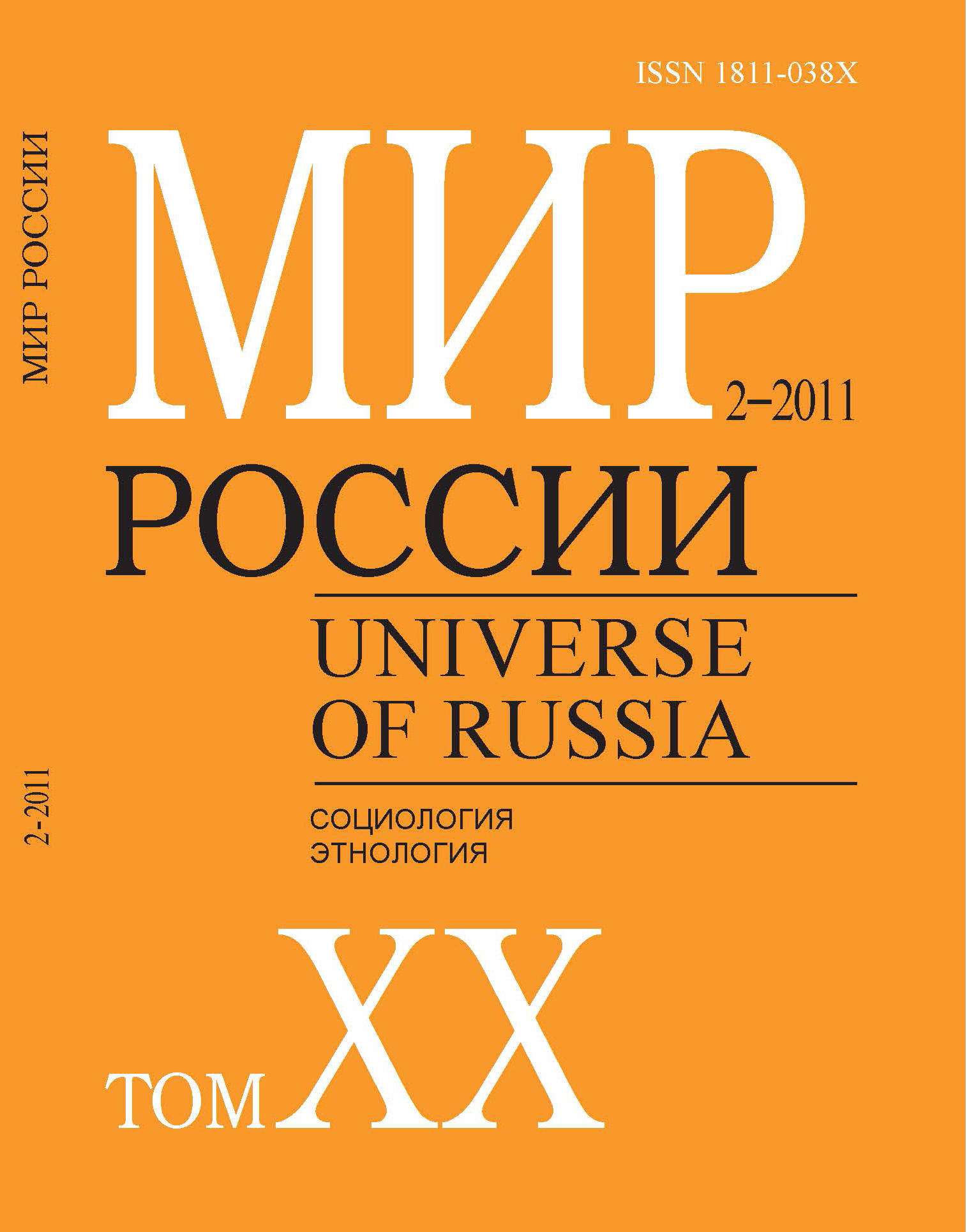Entrepreneurial Activity of the Russian Population under Crisis: to Start or to Discontinue?
Abstract
Tatiana Alimova — Associate Professor, Chair for Economic Sociology, National Research University “Higher School of Economics”. Address: 20, Myasnitskaya St., Moscow, 101000, Russian Federation. E-mail: talimova@hse.ru
Anastasia Chenina — Student, Faculty of Sociology, National Research University “Higher School of Economics”. Address: 20, Myasnitskaya St., Moscow, 101000, Russian Federation. E-mail: anastasius@mail.ru
Alexandre Chepurenko — Professor, Chair for Economics Sociology, National Research University “Higher School of Economics”. Address: 20, Myasnitskaya St., Moscow, 101000, Russian Federation. E-mail: achepurenko@hse.ru
This article focuses on the impact of the crisis from 2008-2009 with respect to early-stage entrepreneurial activity, economic strategies, motivation of entrepreneurs to continue or terminate their businesses, as well as start-up motivation of non-entrepreneurs.
The study is based on the data sets from GEM Russia Adult Population Survey (APS) 2006-2009. The APS survey in Russia is based on a nationwide, multistage, stratified and probability sample (N=2000) that represents the entire adult population over 18 years old. The sample design is based on 2002 Census data revised with figures from Rosstat (Russian Government Statistical Committee) January 1, 2009. The GEM methodology is briefly described on the project website (www.gemconsortium.org).
Most of respondents who quit businesses once and for all, were heavily affected by the crisis. Those who only put their businesses on hold (serial entrepreneurs) agreed to restart anew after the crisis. From this point of view, the crisis (a) only had a temporary effect on entrepreneurial potential and (b) pushed ‘weak’ entrepreneurs out of business. In this respect, the crisis possibly improved the quality of the persistent entrepreneurial stratum.
Meanwhile, during the crisis the intensity of business terminations grew rapidly compared to previous years. The difference between entries and exits is still negative. This is an urgent but temporary effect of the economic slowdown on entrepreneurial activity of population.
The factors which influence the decision to restart a business are related to gender and education: men and people with a higher education consider returning to business more often than women and respondents with lower level of education, who, on the other hand, more often tend to escape from business once and for all.
Apart from the objective socio-demographic factors, there are subjective factors as well — negative perceptions of opportunities to conduct business and low self-efficacy — which prevent a significant proportion of former entrepreneurs from starting up anew.
The crisis has had a negative impact on the motivation for start-ups among the non-entrepreneurial part of population; however, the share of those who start up a business in certain necessity did not exceed the share of opportunity-driven entrepreneurs — perhaps, due to the relatively moderate impact of the crisis on the labor market.






